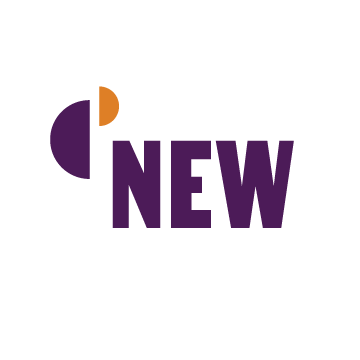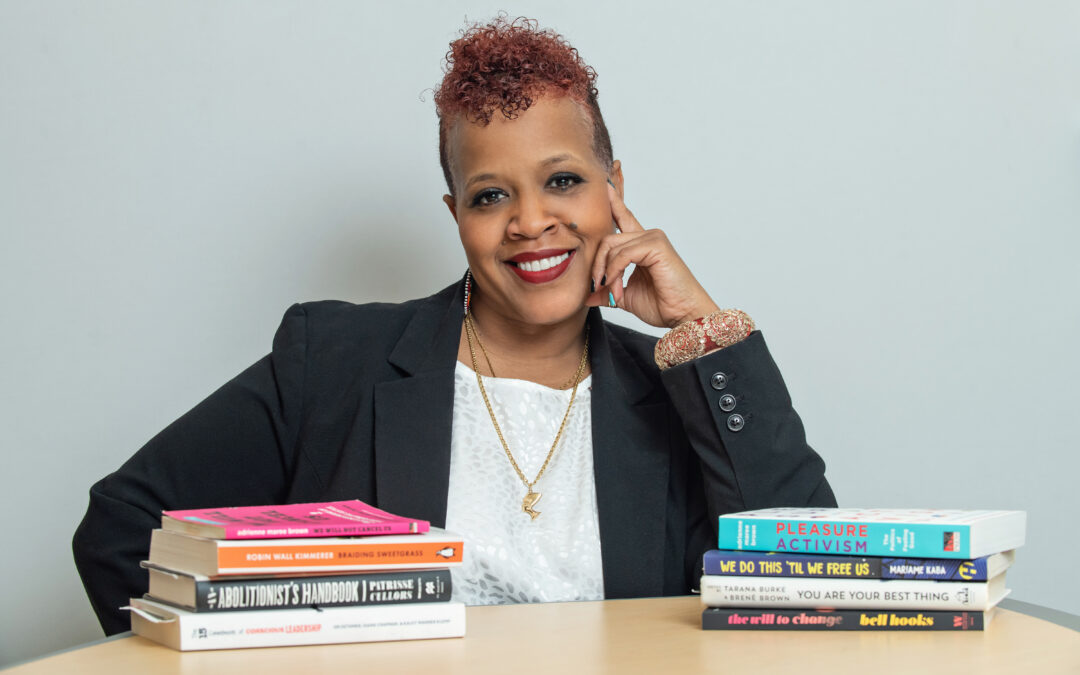I’m writing this at the end of my first week back from an incredibly memorable two-month sabbatical. In their 2023 grant cycle, the McGregor Fund made a bold investment in leaders of Detroit-area nonprofits who are dedicated to equity and justice. This shift in the Eugene A. Miller Fellowship was a significant move by the Foundation’s leadership, highlighting their commitment to nurturing the kind of leadership that can meet this moment in history.
This sabbatical was a gift—a rare opportunity for me to step back as CEO and for other capable leaders here at NEW to try out our succession plans. I had time to rejuvenate and pursue self-directed learning over the course of the 18-month grant cycle. One requirement was taking four months away from our organizations. I split my time into two 2-month leaves, the first of which took me to Costa Rica, Oakland, and the Bahamas. This summer, I spent a month in East Africa with my son, visiting Ethiopia, Kenya, Tanzania, and Rwanda. It was thrilling, intriguing, healing, and joyful.
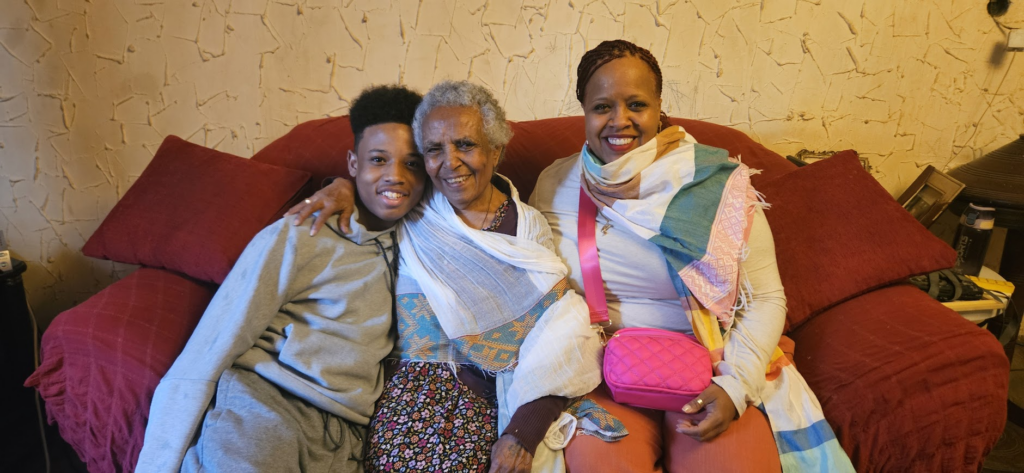
My son meeting my 92-year old grandmother in Addis Ababa, Ethiopia
Traveling to Tigray, Ethiopia was a particularly bold move for me. The small state of Tigray, where much of my family is from, had been at the center of conflict with the federal government 2020-2023, only recently reaching a fragile peace. Many family members expressed concerns about safety, but I felt compelled to go, and knew deeply the reward outweighed the risk. It was a trip filled with emotion, reminding me of the complex relationship between history, identity, and bold choices. In many ways, it mirrored the decisions I had been making in my leadership at NEW, where I’d taken risks and gone against the grain to challenge the status quo.
Now it’s time for all of us to make more bold choices.
Bold Isn’t Easy
Over the past four years, NEW has made bold choices by prioritizing equity and justice within our organization. We increased pay, improved benefits, and ensured generous time off. We also reshaped our relationships with the communities we serve, centering those most marginalized in our sector and nation. In addition, we critically examined how philanthropy can perpetuate systemic inequality, changing the way we engage with funders and donors. We’ve publicly named racism and other forms of oppression as root causes for why nonprofits exist.
In 2020, we launched Centering Justice, a monthly podcast that amplifies the voices of BIPOC leaders, artists, healers, and activists.
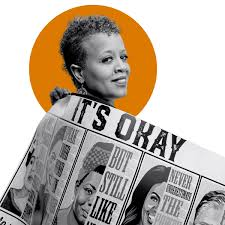
Join me live online every month for Centering Justice!
These choices were not universally celebrated. I received as much flack as I did praise. Some saw these moves as radical, but to me, they were necessary. They were the right things to do, and we finally had the resources and vision to act. Yet, as bold as these decisions were, the toll they took became apparent. The pushback, the internal tensions, and the broader societal shifts weighed heavily on me and our team. We’ve spent time confronting ideological differences within our team—on everything from organizational direction to whether or not we should speak out on global issues like the horrors unfolding in Israel and Palestine. Fear of repercussions immobilized us at times, especially in an environment where nonprofits and Black leaders are constantly balancing the risk of speaking truth to power with the potential backlash.
The external pressure of contractions of funding in the sector, especially in areas tied to racial justice and now navigating a smaller budget, are leading us toward more pivots in our business model to meet the present moment.
For example, this fall, we’re hosting a first-of-its-kind Social Sector Strategy Symposium; an event focused on creating more synergy across our sector as we connect the dots of our collective visions, strategies, and values. They need to intersect if we want a better, bolder future for those we serve.
Why Does This Feel Like Groundhog Day?!
Flying toward Africa in July, I felt the familiar dread of another election cycle. It seemed like a political Groundhog Day, bringing the same divisive energy as 2016, but this time, it feels even scarier. In the lead-up to the 2016 election, we supported clients who feared the rollback of civil rights. Today, many of those fears have materialized: attacks on marriage equality, reproductive rights, and voting rights, coupled with threats to our safety as Black and Brown people. The SCOTUS decision gutting affirmative action –and the lawsuits by right wing extremists that have ensued– remind me of 2009, when I worked in supplier diversity. During the economic bailout, automotive companies bailed on their commitments to diversity efforts—just as they were being bailed out by the taxpayers: us! It feels worse now.
The killing of Sonya Massey this summer by law enforcement brought me back to May 2020 and the murder of George Floyd, among countless others. I perhaps naively believed that the mass outcry and protests would lead to meaningful change in policing. It hasn’t happened. Here we are again, facing the same cycles of violence, systemic racism, and political chaos.
“And then I understood that the answer is yes, yes yes: I care because I want you to care about me. I care because I have become aware of my absolute dependency upon you, whoever you are, for the outcome of my social, my democratic experience.” ― June Jordan, Some of Us Did Not Die: New and Selected Essays
Inspiring Bold Choices
Africa gave me many moments of rest, but my heart and mind were often back here. One thing this sabbatical reinforced, though, is the power of choice. As leaders, we are constantly presented with the choice to play it safe or to make bold decisions, even when they’re hard. The world, our sector, and our communities are all in need of boldness right now. There are two particularly profound examples to share (neither is without nuance that isn’t offered here):
In Rwanda, I encountered a striking example of boldness: often hailed as the cleanest country in East Africa, Rwanda owes much of its cleanliness and community spirit to Umuganda, a national day of community service. Established after independence in 1962 and reintroduced in 1998 following the 1994 genocide, Umuganda brings citizens together on the last Saturday of each month to work on communal projects like infrastructure development, erosion control, and environmental upkeep. Initially met with resistance, it is now embraced as a cornerstone of Rwandan life, contributing to the country’s reconstruction and fostering a shared national identity. Participation is mandatory for Rwandans aged 18-65, while expatriates and visitors are encouraged to join voluntarily, helping to strengthen the sense of collective responsibility and unity.
Seeing neighbors and communities come together like this, knowing it was happening across the country, was inspiring. Many of us remember the 1994 genocide in Rwanda that took one million lives in just 100 days. And while some view President Paul Kagame as authoritarian, no one can deny his leadership around truth and reconciliation, the restorative justice courts he established in communities all over Rwanda, nor the fact that the country is now the cleanest and safest in Africa. It was a bold choice to rebuild a country shattered by violence using these methods.
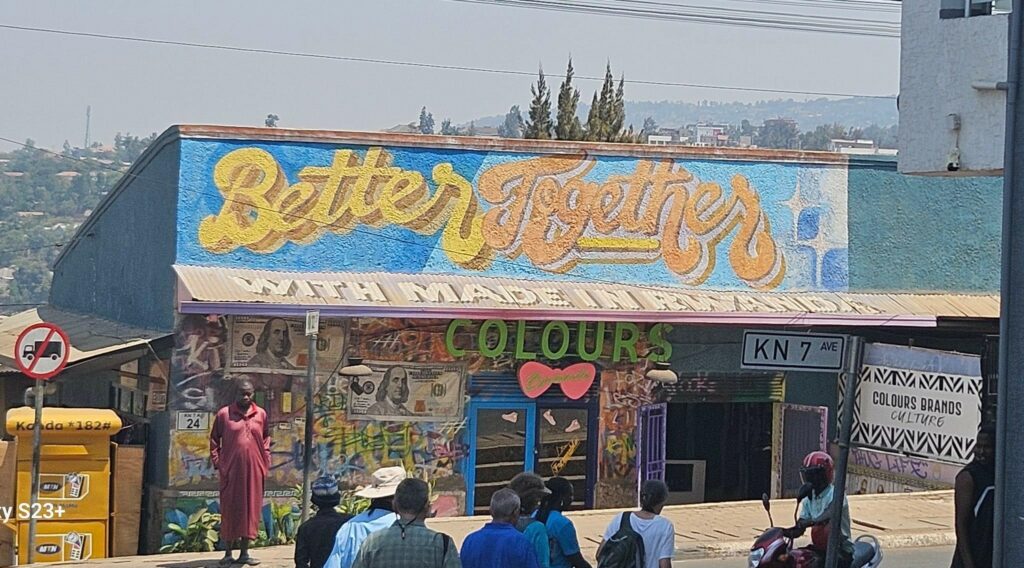
Image taken while visiting Kigali, Rwanda
Costa Rica offered another story of bold leadership. In 1948, after a civil war, Costa Rica’s congress demilitarized the country. The president at the time, Jose Figueres Ferrer, proclaimed that Costa Rica didn’t need an army, saying he wanted “an army of teachers” instead. Today, 75 years later, Costa Rica enjoys one of the highest literacy rates in Central America and remains a beacon of peace in the region. The choice to dismantle the military and invest in education was a radical move, but one that has paid off for generations.
Power In The People
These stories of boldness reminded me that as nonprofit leaders and changemakers, we have the power—and the responsibility—to make courageous decisions. The phrases “Better Together” or “We the People” are often invoked during times of national crisis, but what does that truly mean for the nonprofit and social change sectors today? At its core, it’s a call to collective power, a reminder that we—the people—hold the power and ability to shape our future.
In a world fractured by polarization, systemic injustice, and institutional instability, we need structures that allow for deep democracy—a system where decision-making is participatory, inclusive, and community-centered. Nonprofits, as frontline drivers of social change, must embrace this deep democracy and make bold choices that facilitate collective liberation.
Four Ways We Can Lead Boldly Now
This list isn’t exhaustive but is intended to spark inspiration and action. Here are four ways we can lead boldly:
- Community-Centered Leadership: We must continue shifting power to the people we serve, creating structures that allow community voices to shape our priorities. Whether through advisory boards, community-based research, or regular consultations with stakeholders, leadership should be a co-created process.
- Transformative Governance: Traditional governance models often centralize power in a small group of board members or executives. Deep democracy requires shared decision-making. This could mean experimenting with models like sociocracy (which NEW is trying on this year), increasing transparency with staff and community, public nominating processes, and ensuring staff and community members have a voice (and votes) at the board level.
- Investing in Civic Engagement: Nonprofits must educate themselves and communities on their rights and how to engage politically. Civic literacy is essential not only for voting but for understanding how policies impact our lives and work. Engaged communities are empowered communities.
- Radical Inclusivity: We must continue to center the voices of those most impacted by systemic oppression—Black, Indigenous, LGBTQ+, disabled, and immigrant communities—and ensure they have power and influence in decision-making. This includes continuing to embrace and embody the values of diversity, equity, inclusion and justice.
An Invitation To Transformation
The challenges we face are an invitation to transformation. By embracing deep democracy, nonprofits and community changemakers can build more equitable, inclusive, and resilient communities. “We the People” have the power to stitch democracy back together, stronger and more just than ever before. Not just during election time –but until our communities are just and thriving! Now is the time for bold choices. DEIJ work remains vital. Investing in BIPOC leaders and organizations remains vital. Working through generative conflict and principled struggle is vital. Building collective power is one of many bold choices we can make. Nonprofits must model a future that truly embodies the espoused values of America: freedom, liberty, and justice for all.
